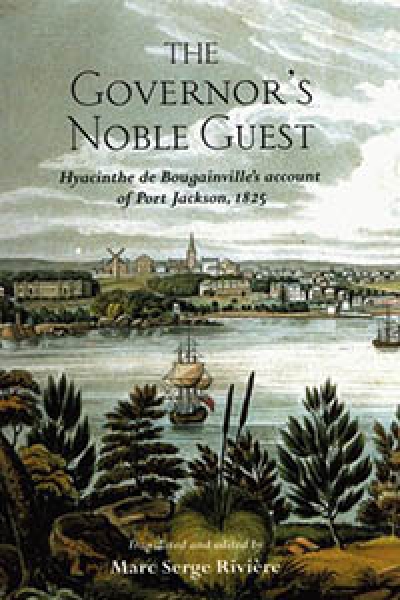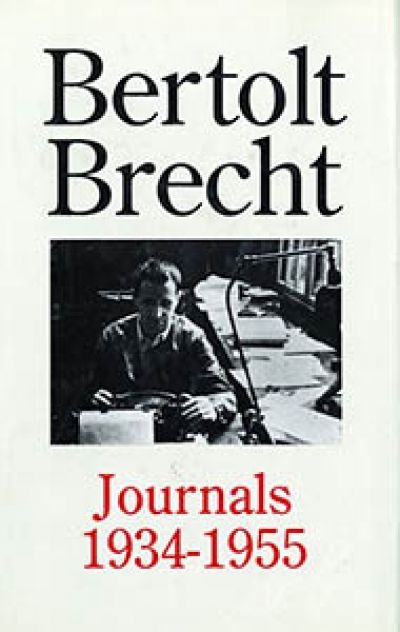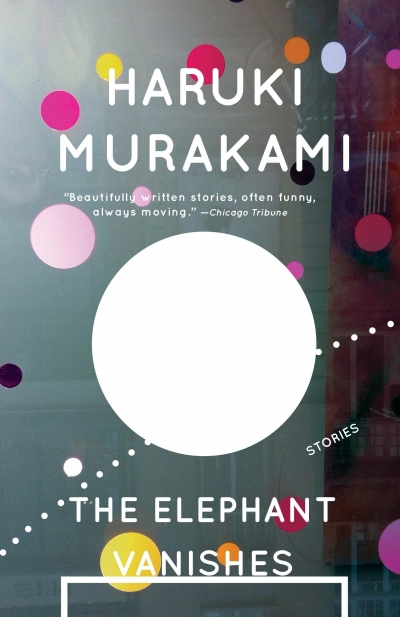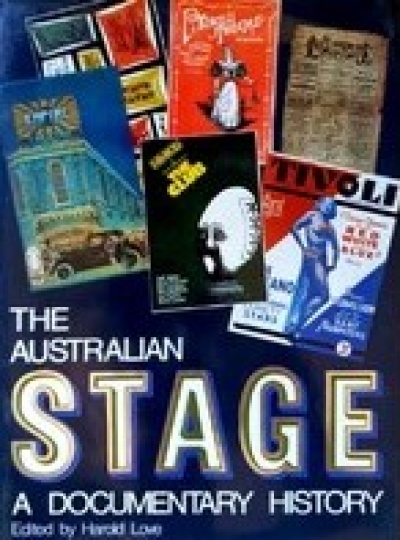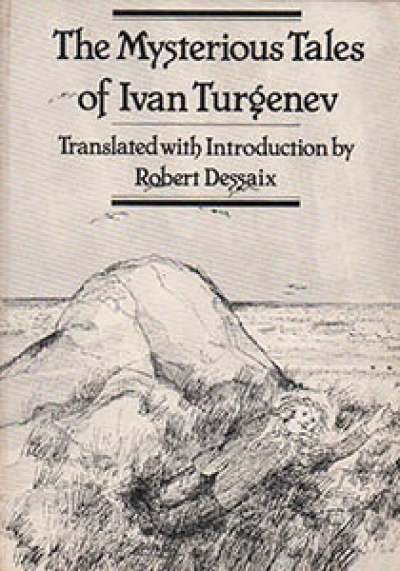Translations
Secrets Need Words: Indonesian Poetry, 1966-1998 edited by Harry Aveling
In Australia, despite having Indonesian as one of the languages commonly available to students in primary and secondary school, and despite having departments of Indonesian Studies in all the major universities, the literature of the world’s third most populous country and ‘our closest neighbour’ is not well known. It is mostly the province of academic specialists, not general readers. The reason for this is partly cultural in that Australian readers, particularly readers of poetry, tend to be more interested in American, European or British poetry, and partly a consequence of the poor support given to the art of translation. Yet two of the best-regarded translators of Indonesian literature, Harry Aveling and Max Lane, reside in Australia.
... (read more)The Governor’s Noble Guest: Hyacinthe de Bougainville’s account of Port Jackson, 1825 edited by Marc Serge Rivière
The British exploration of the Pacific Ocean between 1764, when Byron sailed, and 1780, when Cook’s third circumnavigation concluded, and the colonisation of New South Wales from 1788 onwards, effectively set agendas in discovery and settlement which France and Spain had to emulate if they were to continue as Britain’s imperial rivals.
Spain’s effort to match the British agenda was spectacular, but short-lived. The expedition under the command of Alejandro Malaspina that it sent to explore in the Pacific and to report on the state of the Spanish empire (1789–94) was perhaps the best equipped of all the grand eighteenth-century voyages, but its commander fell victim to political intrigue on his return; and oblivion settled over its results. (Only now are its journals, artwork and collections being fully analysed and published.)
... (read more)Without the support of a recognisably unified literary tradition, the Australian poet has had to come to terms with the diverse elements of an increasingly heterogeneous culture. Australia is, was, and ever shall be, someone else’s country, a homeland so fundamentally altered as a concept as to be no longer comfortably recognisable as ‘Home’. Paradoxically, if anything has drawn Australian poets together, it has been a strong attachment to the physical environment, the strange and often harsh beauty of an ancient land but one no longer a comfortingly European possession. As far as forms, genres, literary concepts are concerned, writers have had to draw on their own particular sense of a cultural past that has been, for the most part, European in origin. With the passing of time, a growing disharmony has arisen between the natural rhythms of the land and its hapless European inheritors. This alienation has announced itself often enough in poems of nostalgia, loss, and lovelessness.
... (read more)Anyone who has had the experience of trying to translate a poem across even a fairly low-density language barrier (say German or French into English) will have tasted the near despair of finding oneself in danger of killing that in the creature that one most wanted to save. Sometimes it feels like cutting down the tree and whittling from the wood a mere mock replica of it – the sap goes, the leaves in all their lively beauty disappear, and at best there’s an artifact which cleverly reproduces the mere outlines of what was once brimming with life.
... (read more)Bertolt Brecht: Journals 1934–1955 edited by John Willett, translated by Hugh Rorrison
Bertolt Brecht’s poem, ‘To those born later’, contains the following line: ‘For we went, changing countries oftener than our shoes.’ The publication of this translation of Brecht’s Journals 1934-1955 (written in an e.e. cummings-style lower case throughout) provides an abundant fleshing out of that line, giving a detailed sense of what it meant to Brecht to be an artist in exile, denied the comforts of his culture and language, denied the possibility of seeing the plays he was writing rehearsed or run-through, a process he always regarded as the final stage of writing: ‘all the plays that have not been produced have something or other missing. no play can have the finishing touches put to it without being tried out in production.’
... (read more)The Elephant Vanishes by Haruki Murakami, translated by Alfred Birnbaum and Jay Rubin
Every adventurous reader of fiction ought to have a private hoard of novelists, preferably from a non-English writing background, who have escaped the appalling nonsense of Booker-style PR hype. Luckily, publishers like Collins Harvill set about promoting such writers; unluckily for Australia, though, our major literary pages often neglect to review the bulk of such output. You will have your favourites in such a category, but let this reviewer recommend the following: Jose Donoso, Etienne Leroux, Jose Saramago, Eduardo Mendoza, Saiichi Maruya, and Haruki Murakami.
... (read more)Twentieth Century Australian Poetry edited by Yasuko Claremont
Written in Japanese, this is an introduction to Australian people through Australian poetry. Yasuko Claremont is a long-time Japanese resident in Australia who studied Australian literature at Sydney University. Finding unacceptable the image, widely-propagated among the Japanese, of ‘jolly Australians who do not work as hard as the Japanese,’ she wrote this book to help the Japanese ‘get to the heart of the Australians,’ which, she thinks, can be done effectively through reading Australian poems in the language of the Australians.
... (read more)The Australian Stage edited by Harold Love & Reverses by Marcus Clarke, edited by Dennis Davison
The Australian Stage represents an interesting intersection between the academic world and the creative arts, between the long perspective of the historian, and the ephemerality of theatre performances. Its methodology is academic; it proceeds from an examination of documents, of written records of an art form only one aspect of which we think of as being written, the actual texts of plays. However, these are not the documents in question (although some bibliographical information about the plays is also included); rather it is the responses to performances, particularly reviews, written reminiscences, playbills, newspaper reports, which provide, collectively, the material for a historical survey of theatre in Australia.
... (read more)Aesychlus: The Oresteian trilogy: A theatre version by Rush Rehm
Aeschylus, they say, was killed when an eagle, mistaking his bald head for a smooth, shell-cracking rock, dropped a tortoise on him. Ever since then translators have been dropping translations on the head of his plays with comparably fatal results.
... (read more)The Mysterious Tales of Ivan Turgenev edited by Robert Dessaix
This volume of stories adds to the spate of books by or about Turgenev that have appeared recently yet it cannot be said to be redundant, as it provides an English version of five novellas not readily available in a collected form. Since the translator’s argument rests on the importance of the frequently neglected later part of Turgenev’s oeuvre (i.e. the shorter works appearing after the major novels) to a true understanding of Turgenev’s philosophical and spiritual history, then obviously the English-speaking world must have access to it, and they should be pleased to make the acquaintance of this accurate and easy translation.
... (read more)


